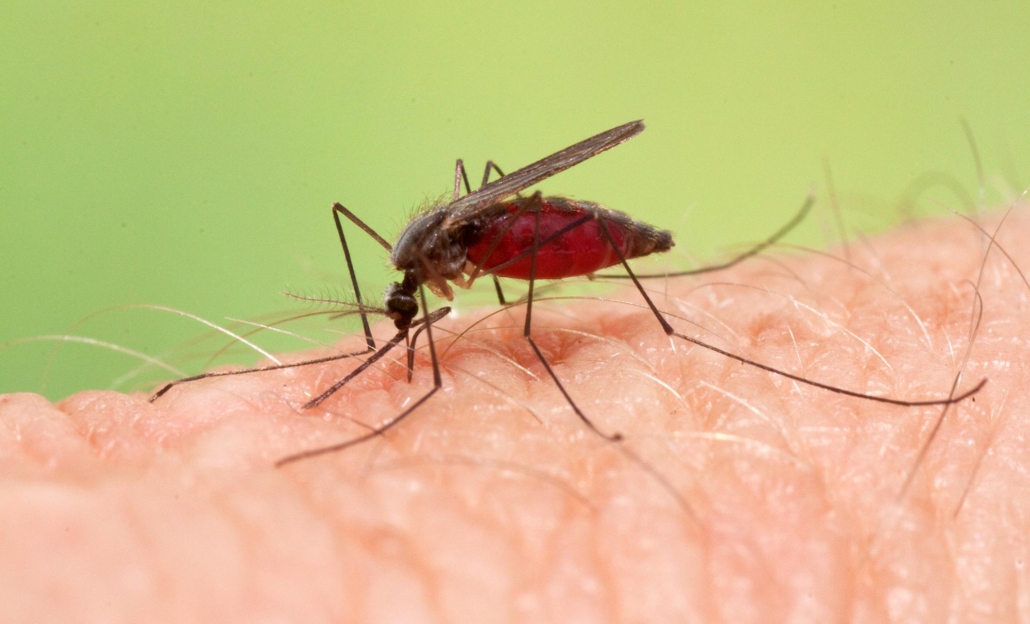
First malaria vaccine meets WHO efficacy criteria
Researchers at Novavax and from the University of Oxford reported an efficacy of 77% of their malaria vaccine, R21/Matrix-M from a Phase II trials in Burkina Faso.
According to a pre-print publication in Lancet, the team headed by Adrian Hill from the Jenner Institute at Oxford is the first to meet the World Health Organization’s Malaria Vaccine Technology Roadmap goal of a vaccine with at least 75% efficacy.
Sporozoites of the deadly pathogen of malaria tropica, Plasmodium falciparum, enter the blood through the bite of Anopheles mosquitoes and infect the liver, where they develop into schizonts. These release merozoites into the blood, which infect the erythrocytes. By the time the immune system manages to build up immunity, young patients in particular have often died.
The R21 vaccine like the only vaccine approved to date, RTS,S/AS01, induces immunity to the circumsporozoite protein (CSP) of sporozoites by fusing the antigen with the hepatitis B virus surface antigen (HBsAg) in virus-like particles (VLPs). In contrast to RTS,S/AS01, R21 expresses significantly more CSP on its surface. It also uses Novavax’s Matrix-M adjuvant, which had produced the best results in preclinical studies.
The team led by Adrian Hill and Halidou Tinto of the Institut de Recherche en Sciences de la Santé in Nanoro, Burkina Faso, determined a vaccine efficacy of 74% in 450 children at a low adjuvant dose and a vaccine efficacy of 77% when the adjuvant dose was higher. Blood tests confirmed the good vaccine efficacy: 28 days after the 3rd dose, malaria-specific antibodies had almost doubled. The protective efficacy appears to be higher than that of RTS,S/AS01, which achieved only 26-50% vaccine efficacy in the Phase III study.



 adobe.stock.com - ipopba
adobe.stock.com - ipopba BioDlink
BioDlink